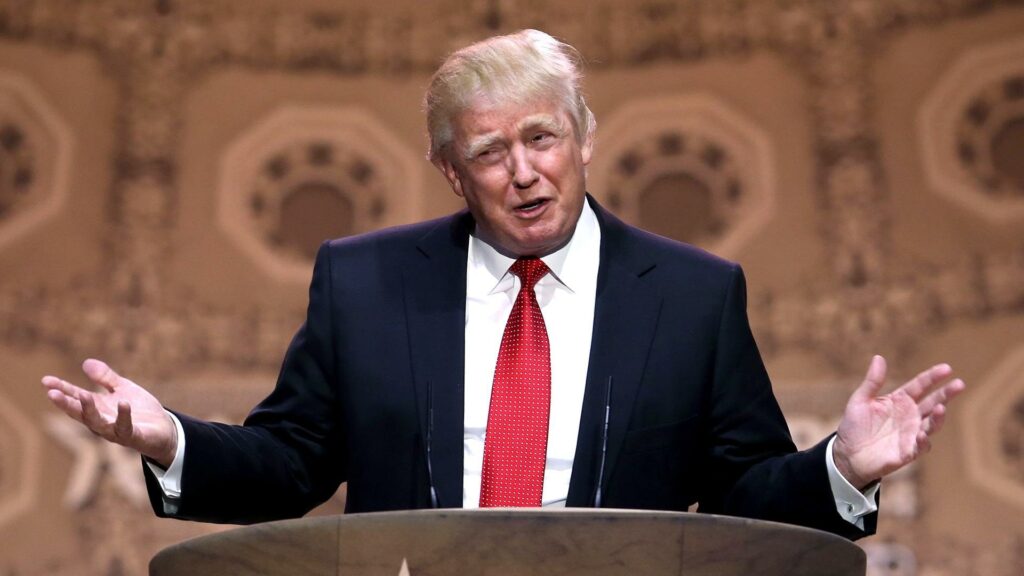U.S. President Donald Trump has announced a new trade agreement with Indonesia, claiming he has lowered proposed tariffs on Indonesian goods entering the United States from 32% to 19%. In exchange, he says Indonesia has offered “full access” to its markets for American companies and agreed to significant purchases of U.S. goods.
Trump revealed the details during a press briefing on Tuesday, stating the Southeast Asian nation will purchase $15 billion in U.S. energy, $4.5 billion in agricultural products, and 50 Boeing jets. He described the agreement as a “win-win” for both countries, though Indonesian officials have yet to publicly confirm the terms. A senior Indonesian government source told Reuters a formal statement is forthcoming.
The announcement comes amid renewed trade tensions as Trump revived a strategy of imposing or threatening high tariffs to force negotiations. In recent weeks, letters were sent to several nations including Canada, Mexico, Japan, South Korea, and the European Union warning of tariff hikes beginning August 1. Indonesia was among the countries that received such a letter, reportedly caught off-guard given the perceived progress in prior negotiations.
According to Trump, the new deal removes U.S. tariffs on Indonesian goods in exchange for market access and trade concessions. He emphasized the benefit to American agriculture and manufacturing sectors, long frustrated by high Indonesian tariffs.
Despite the optimistic framing, experts have questioned the tangible benefits for Indonesia. Stephen Marks, an economics professor at Pomona College, said the move likely serves more political than economic purposes. While the U.S. is a key trade partner for Indonesia importing about $28 billion worth of goods last year its share is still smaller than other Asian partners.
Trump’s Indonesia deal is one of several trade pacts announced recently, alongside similar agreements with the UK, China, and Vietnam. However, in many cases, the specifics remain unclear and major tariffs remain in place.
Trade analysts suggest the U.S. administration may continue announcing deals in the coming weeks as part of a broader geopolitical and economic strategy. While critics remain skeptical, some, like former White House adviser Everett Eissenstat, argue that compromise, even under pressure, is preferable to isolation from global trade talks.

